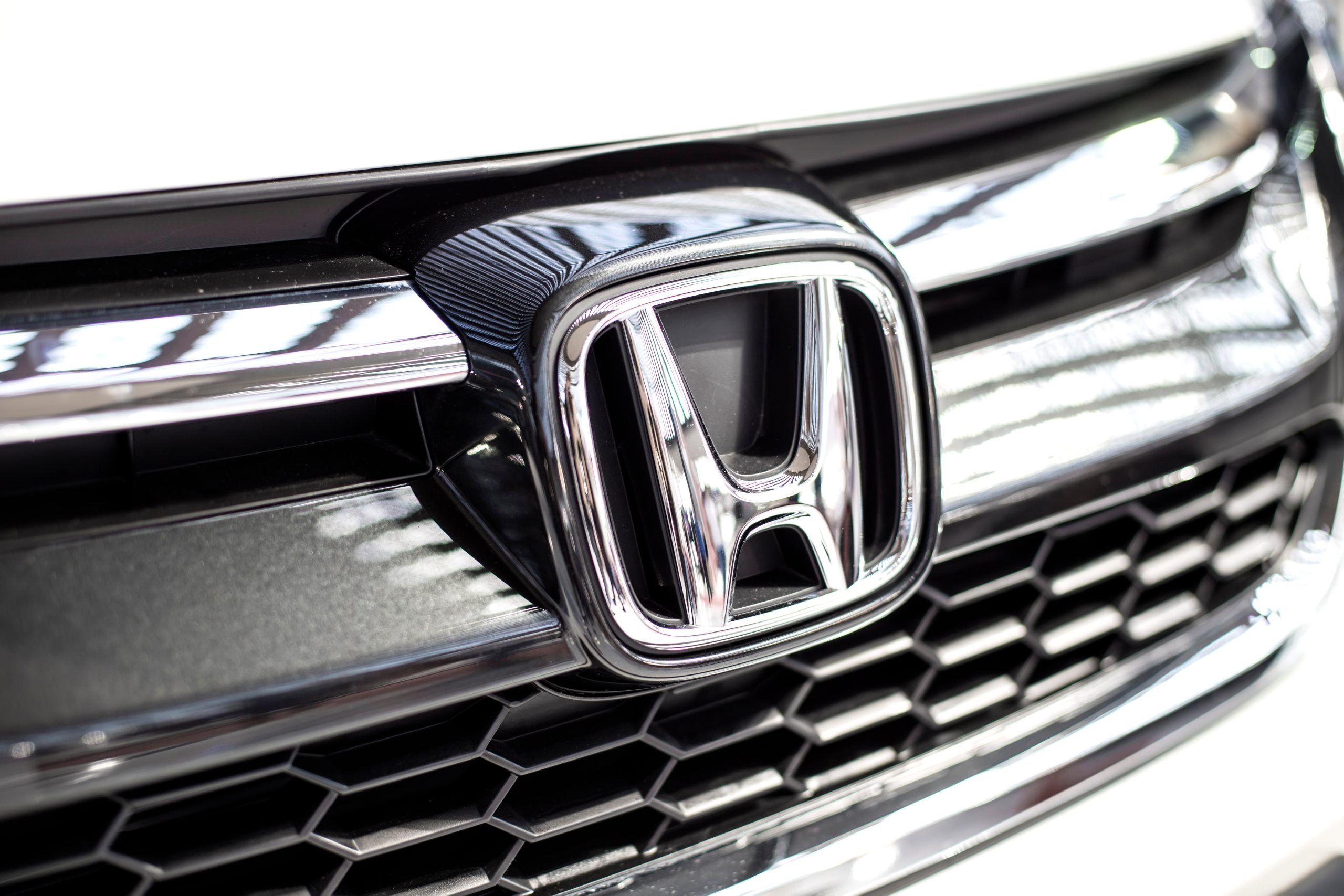On June 22, 2023, proposed class representatives requested class certification in a case against American Honda Motor Company, Inc. (“Honda”). They allege a defect leading to power steering loss in their Honda vehicles.
Plaintiffs’ Reported Experiences
The plaintiffs claim rodents chewed through the electronic power steering wiring components in their CR-V, Accord, or Civic vehicles. This, in turn, rendered their power steering inoperable. The plaintiffs learned they would need to repair or replace their wire harness or power steering gearbox.
After experiencing power steering losses that were not covered under warranty, the plaintiffs claim, they found their issue was widespread.
For instance, plaintiff Michael Preston said he searched online for rodent power steering damage and began reading articles. He found “page after page or link after link of rodents chewing and damaging the power steering wiring.”
Plaintiff Penelope Turgeon said a service technician told her he saw the issue sometimes. He attributed it to the soy-based wire wrapping, which attracted rats.
The third plaintiff, Jay Caracci, testified he was backing out of his driveway when he lost power steering. He said he had to exert a “tremendous amount of force” to back out of his driveway and complete the turn.
Legal Claims
The plaintiffs allege Honda knew but did not disclose certain Honda vehicles’ power steering wire harnesses were defective. Namely, the harnesses were “attractive, available, and vulnerable to being chewed.”
The lawsuit also contends Honda instructed its authorized dealerships to charge for rodent tape application as a repair cost. Honda allegedly knew rodents would be deterred from chewing harnesses wrapped in capsaicin tape. Such alleged conduct, plaintiffs claim, violates the Illinois Consumer Fraud Act.
In addition, the plaintiffs contend Honda breached its express warranty by refusing to cover rodent damage as an “act of nature.” They claim the issue was instead a known inherent defect in the wire harnesses.
Finally, the lawsuit claims Honda breached the implied warranty of merchantability under the Magnuson-Moss Warranty Act.
Plaintiffs’ motion argues treating the claims as a class action is appropriate because Honda did not address the wiring defect. Instead, they claim, Honda encouraged its dealerships to sell rodent tape after the damage had been done.
Proposed Classes
The plaintiffs seek certification of three classes—all persons in Illinois who bought or leased:
- 2012-2019 model year CR-Vs, corresponding to the 4th and 5th Generation CR-V.
- 2013-2017 model year Accords, corresponding to the 9th Generation Accord, excluding those equipped with a V6 engine.
- 2012-2021 model year Civics, corresponding to the 9th and 10th Generation Civic.
Upcoming Proceedings
On the same day the plaintiffs filed their motion for class certification, Honda filed a motion for summary judgment.
Honda’s response to the class certification motion and plaintiffs’ response to Honda’s summary judgment are due September 14, 2023.
Expert discovery closes November 23, 2023.
The case is Jay Carraci, et al. v. American Honda Motor Company, Inc. The case number is 1:19-cv-02796, filed in the U.S. District Court for the Northern District of Illinois.





